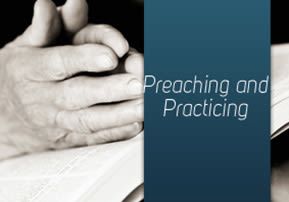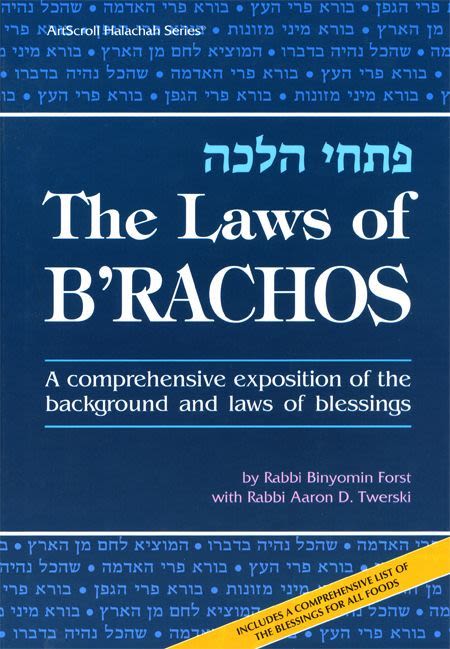
Preaching and Practicing
Without emuna, one can talk about refinement and culture but then turn around and be a violent animal; the inside and outside are two different things...

Translated by Rabbi Lazer Brody
The problem with foreign philosophies is that they separate between career success and good character. “Go ahead and be a big millionaire or a famous professor – who cares what you do after hours,” they all seem to say. Their problem is that they don't practice what they preach. Without emuna, one can talk about refinement and culture but then turn around and be a violent animal.
The big lie is that it’s possible to be a person of upright character without emuna, as we see in the following examples:
Aristotle the Greek philosopher spoke much about the lofty character traits of humility, mercy, decency, and refinement. Once, his pupils argued about the interpretation of something their distinguished teacher said in an earlier lecture. They decided to visit Aristotle at home and to ask him what his intention was. The door to his house was open, so they knocked and entered without waiting for anyone to come to the door. They saw their teacher on the floor in the middle of a disdainful act that we prefer not to describe in this book.
Shocked, the pupils asked: “Our teacher! Did you not condemn such actions on more than one occasion? Isn’t this the opposite of everything you taught us?”
Aristotle looked up at them and answered, “Why are you so surprised? Must a teacher of geometry have a head that’s shaped like a right triangle? Of course, not! In like manner, a philosophy teacher need not live by everything he teaches. In the academy, we lecture – at home, we live!”
A 12th Century CE bishop was famous for his impeccable character. His wonderful reputation reached earshot of the Rambam. The Rambam, curious to discover if such a person is capable of true humility, decided to visit the bishop. The bishop received the Rambam magnanimously and spoke to the Rambam with utmost respect. The Rambam was perplexed: is it possible for a person without Torah and true emuna to be genuinely humble?
Just as the Rambam was about to leave, the bishop could no longer contain himself. “So, Rabbi – what do you have to say about my humility?”
The Rambam breathed with a sigh of relief. The bishop was a great actor, but his “humility” was far from genuine. It was a mere ploy for him to command more admiration and respect. The Rambam saw once more what he already knew – without Torah and true emuna, there cannot be true humility. He returned home with a smile on his face.
The newspapers around the world are full of scandalous headlines about world leaders who were caught red-handed in the most disdainful of actions. We need not elaborate, for you can bring to mind previously highly-respected elected officials who ruined themselves and their careers by behaving in a lewd and crass manner.
Many people ask, why talk about politicians? There are so-called religious people and even rabbis that have been exposed as thieves and perverts, with unthinkably corrupt character. Sad, but true; such “religious people and rabbis” lack emuna; their “religion” or clerical appointment is simply a means for them to take advantage of others and to acquire money, respect, or whatever they’re seeking and nothing else.
Remember this rule: as long as a person is disconnected from his mission in life, he can’t be happy with his lot in life. Why? If he’s not performing his mission in life, then whatever he’s doing is not his real lot in life, so he can’t be happy with it. If a person is not happy with his lot in life, he’ll always be envious of others, for there will always be those who have more money, fame, talent, or success than he does. Without emuna, a person is therefore doomed to a life of envy, disappointment, dissatisfaction, and worry. Without happiness with one’s lot in life, a person harbors constant doubts about whatever he’s doing and constant desire to be somewhere else or to be doing something else or to be married to someone else. We clearly see that there cannot be true happiness without emuna, particularly emuna in Hashem’s Divine Providence.











Tell us what you think!
Thank you for your comment!
It will be published after approval by the Editor.